Most Likely To Succeed
Big Changes, Everywhere.
This week our class watched a documentary called Most Likely to Succeed. I wasn’t really sure what to expect as I started the film, but what I definitely did not expect was a complete perspective change to occur in just under an hour and a half.
The documentary began with an unsettling reminder just how quickly our society is being launched into a technology-dominated world. Computers are beating people at their own game, and doing so with ease.
I found it almost eerie watching footage from the 2011 Jeopardy special where the Jeopardy-playing AI supercomputer, “Watson”, beats the running champion, Ken Jennings, at his own game.
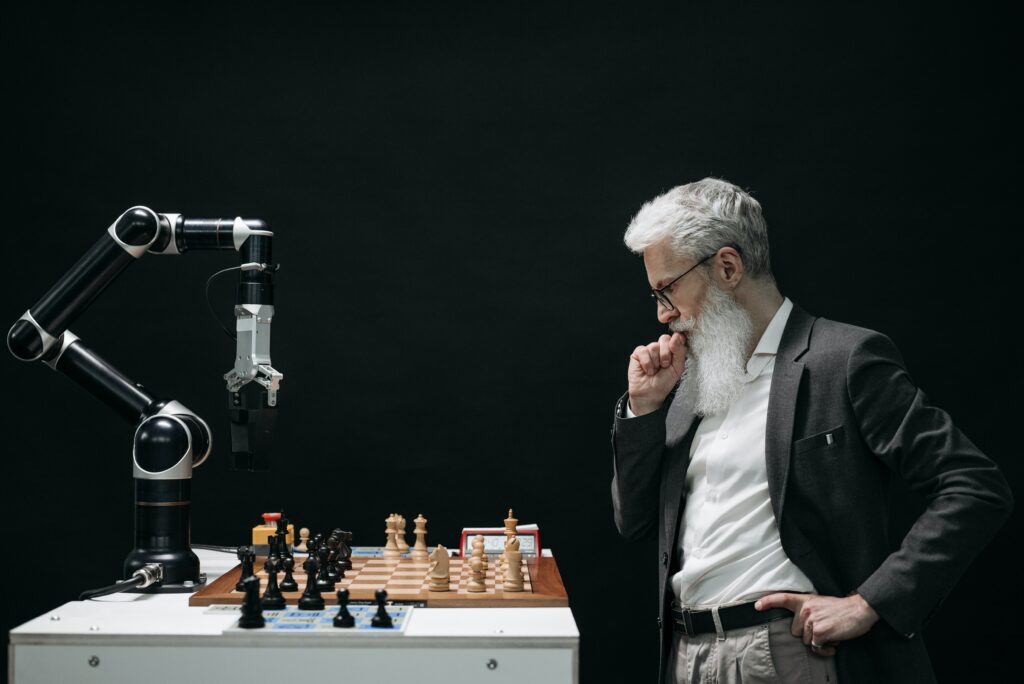
Advancements in Technology.
It really is a terrifying concept to wrap your head around. We are seeing it more and more everyday; robots, computers, and artificial intelligence taking on various tasks normally performed by human beings. Even in everyday household life; it seems to be more common than not to have your own robotic maid, a helpful little friend who uses advanced programming to vaccuum floors all by itself.

Although I definitely find the fast-paced changes coming into our world intimidating, I should make it clear that I don’t believe all aspects of technological advancement are bad. Just think about all the amazing drone photographs captured by the National Geographic team; these stunning images would have never made it to human eyes if it wasn’t for the help of technology. I believe that when technology is used in an appropriate manner it can yield amazing results; but nothing amazing comes without a price.
Change can be scary, and its difficult to predict exactly what kind of change society will undergo as technology continues to advance. It seems to make life easier. Technology brings many benefits to society; it can relieve heavy workloads, make working from home a possibility, create easier, faster communication, and countless of other opportunities.
We saw this first hand during the COVID-19 pandemic. Technology was the #1 support for the isolation experienced by too many people. Zoom, FaceTime, and various other platforms bridged the communication gap. Technology is changing the world in ways we have never seen before, and designing a society we have never lived in before.
Artificial Intelligence.
Personally, it already feels like we are living in an extremely advanced society. Artifical intelligence is everywhere. The popular social media platform, TikTok, features an AI text-to-art generator where beautiful abstract images are created from the user’s word input. I’ve seen ads for a website that offers online therapeutic services using AI that recognizes facial expressions.
Last week I was having some technical issues with my cellphone and decided to check out my phone provider’s website. I was immediately greeted by a “Hi! How can I help?” pop-up chat from the website’s AI customer support. The little helper was pre-programmed with possible issues and resolutions; I was able to fix my phone without even talking to a human being.
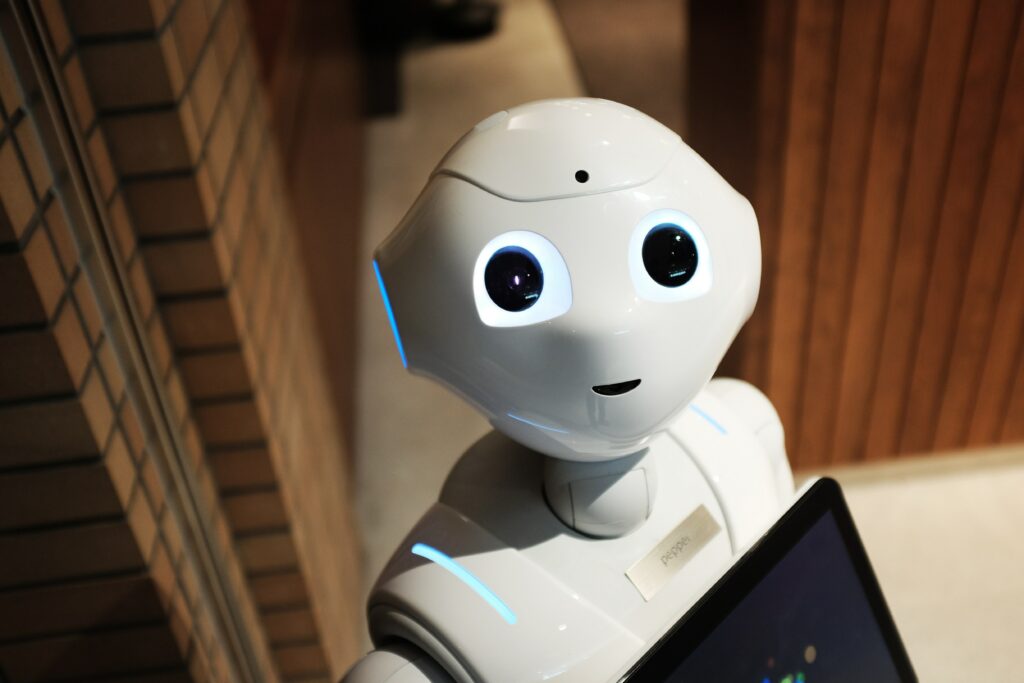
It feels like more and more often that we are seeing jobs traditionally done by humans being replaced by some sort of technology. The workforce we know and are familiar with will continue to undergo dramatic transformations as we proceed down this path. To keep up with these great changes we are already seeing in our economy, significant adaptations will need to occur everywhere, even in the places where change hasn’t occurred in over 130 years
Reformation of Education
I often find it difficult to embrace new ways of doing things, especially when the old, familiar way has proven effective. This seems to be the major question we are facing today; with the constant evolution of our society, will the traditional methods of education continue to be effective in preparing children for the workforce, or will we need to adapt? In Most Likely to Succeed, it was addressed that our traditional education format was designed to produce an organized, obedient workforce. This might not be what we need anymore.
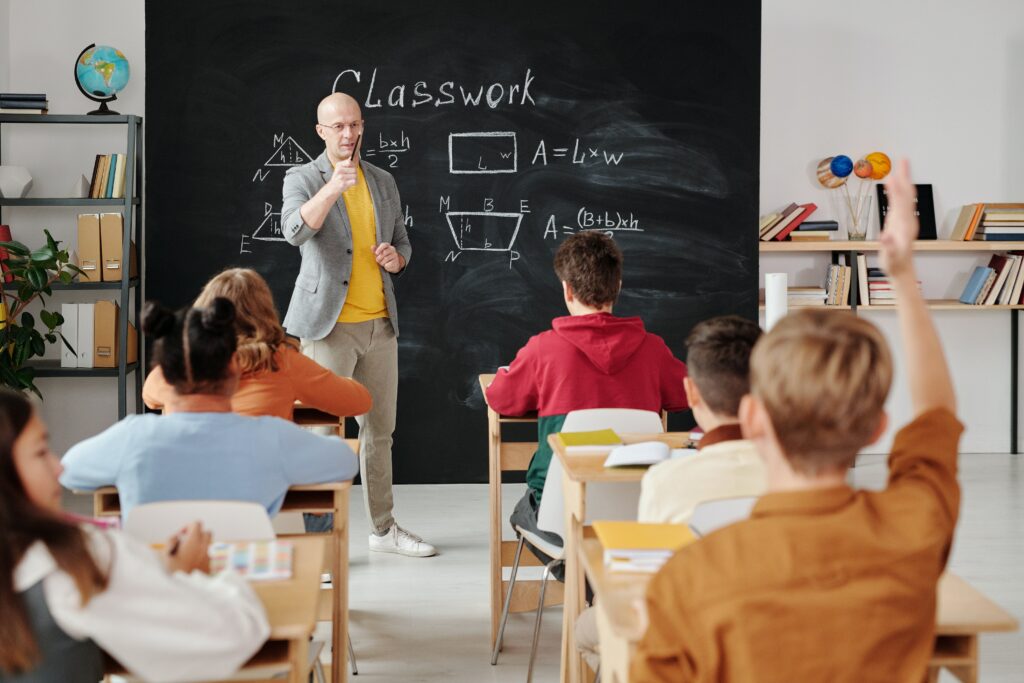
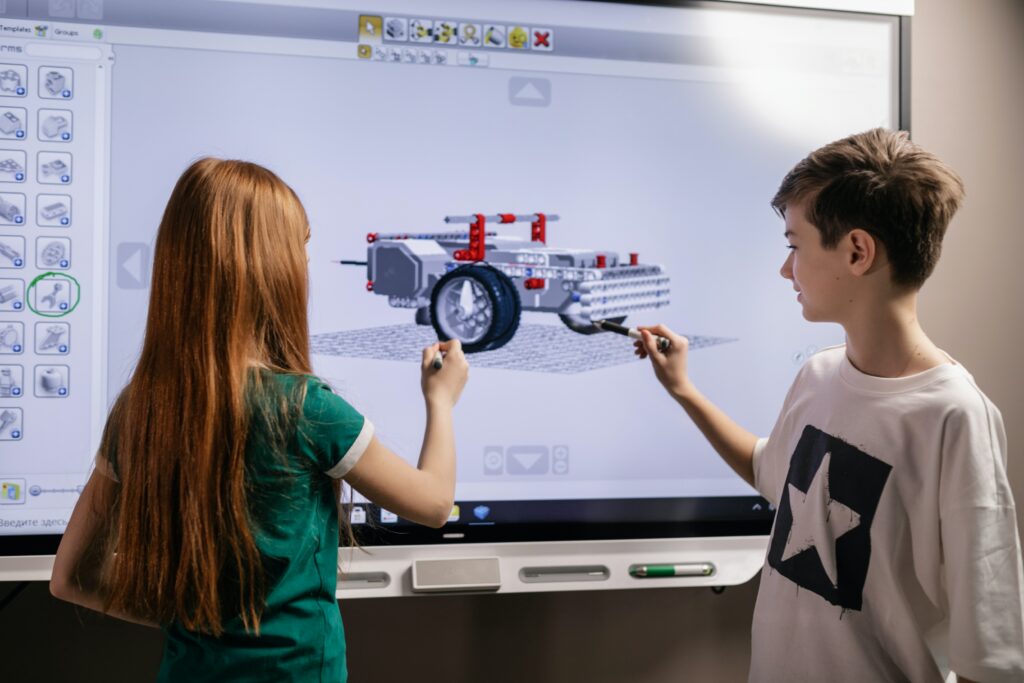
Most Likely to Succeed showcases some of the adaptations that are already being implemented in a high school located in San Diego, California; High Tech High. My initial reaction to this high school was definitely shock; I had never seen anything like it before, and I was suprised the school was even allowed to operate. This learning environment modeled education in a way it has never been done before. No separate classes for different content, no set instructional periods, no textbooks?
Student-Centered Classrooms & Soft Skills.
High Tech High demonstrates the effectiveness of a student-centered classroom, where students are given the opportunity to take responsibility for their own learning, and grow in ways a traditional classroom might not offer. This was my first time hearing about ‘soft skills’, and I love the idea of focusing on helping students to develop these. I believe these specific skills (that until now I understood to be personality traits) such as confidence, the ability to work efficiently alone or in a group, work ethic, and even critical thinking are so important to have while pursuing higher education, but oftentimes they are also essential for being successful in the workforce.
The value that a student-centered classroom holds in the development of these skills is exemplified by one of the students highlighted in the film, Samantha. Samantha’s development throughout the film was one of the most powerful aspects in my opinion. When we first see Samantha, she is extremely shy and speaks very quietly. As the documentary continues we see Samantha volunteering for a leadership role in her group project, and as she settles into her new role, her confidence sky-rockets. I think this specific example is so important to keep in mind as a future teacher; even though Samantha started out as the quiet kid, content to stay in her
comfort zone, her confidence and ability grew exponentially once she was given the opportunity to make her own decisions. The film features another student’s development of soft skills, perseverance, as he navigates his way through a project of his choice. He is shown learning through trial and error throughout the film, and unfortunately does not finish his project in time for the exhibition. At his end-of-year interview, he reflects on his project and acknowledges his choices and their impact on his final product. After the credits, the student is shown working on his project over summer break with his teacher, and finally finishes it.
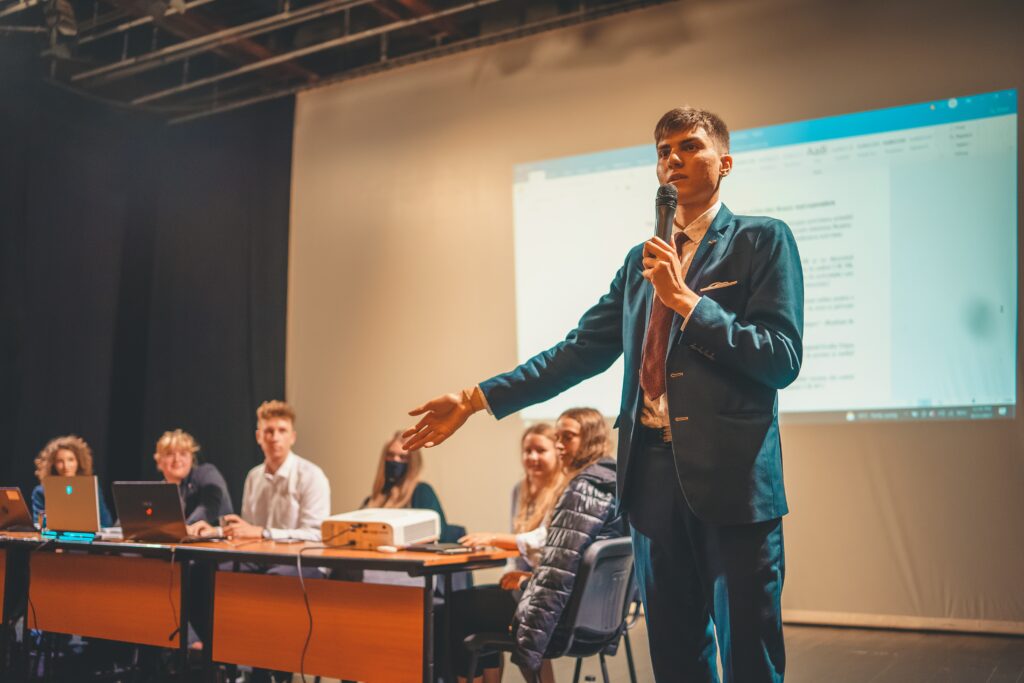
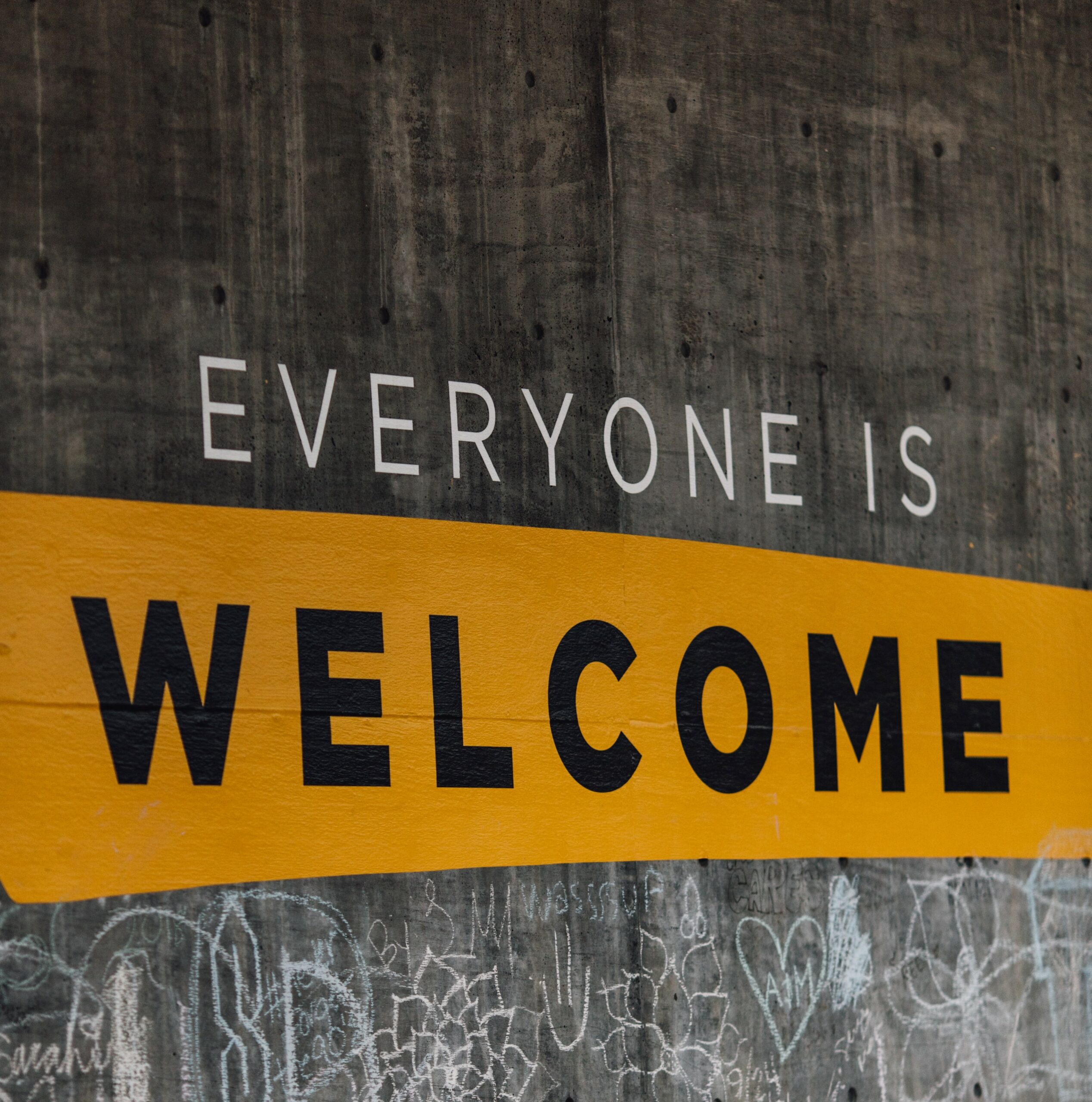


This is unbelievably professional. Well done!